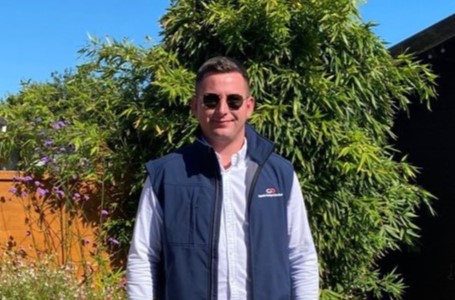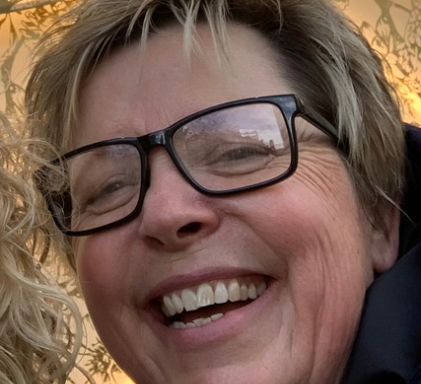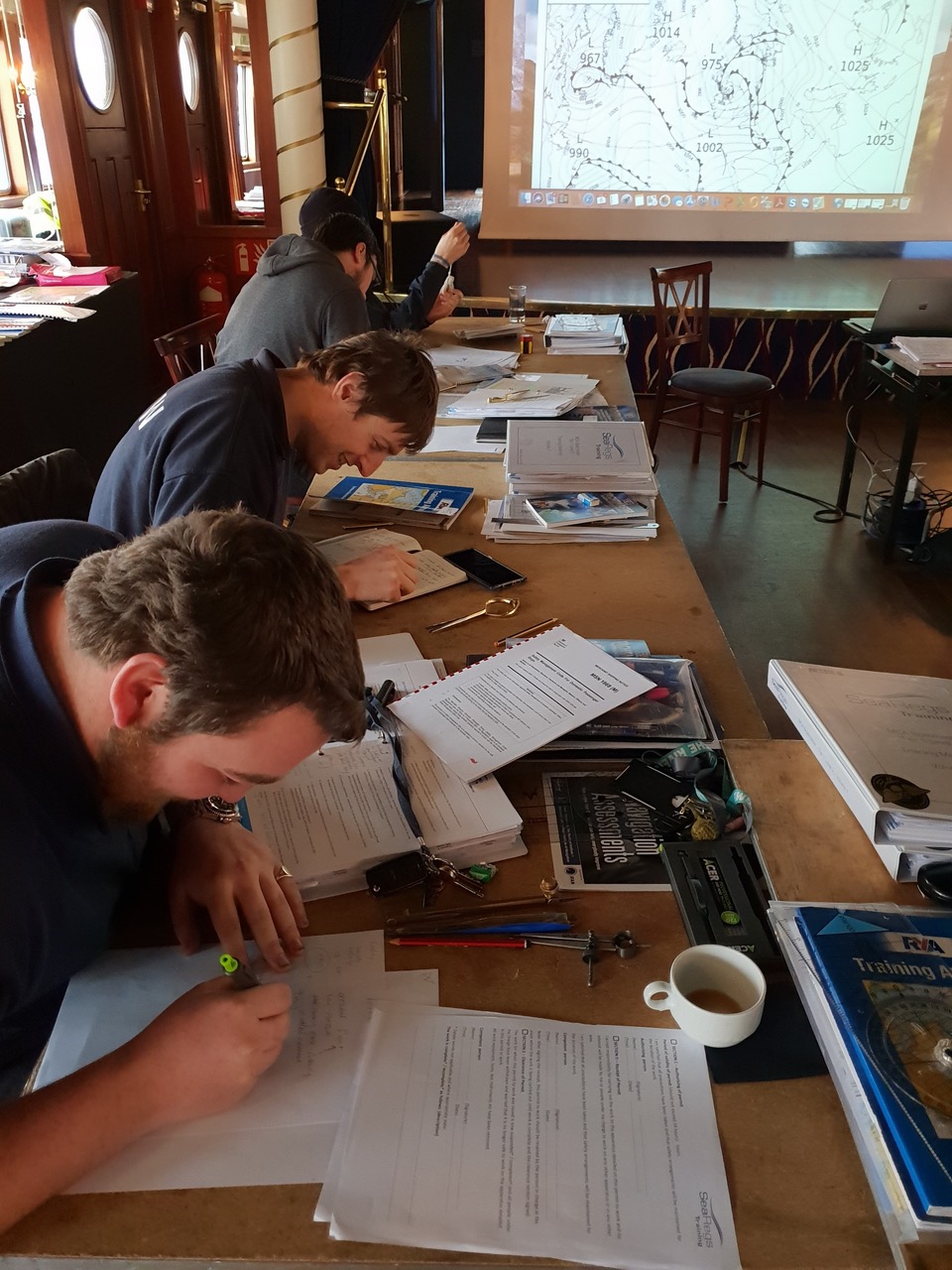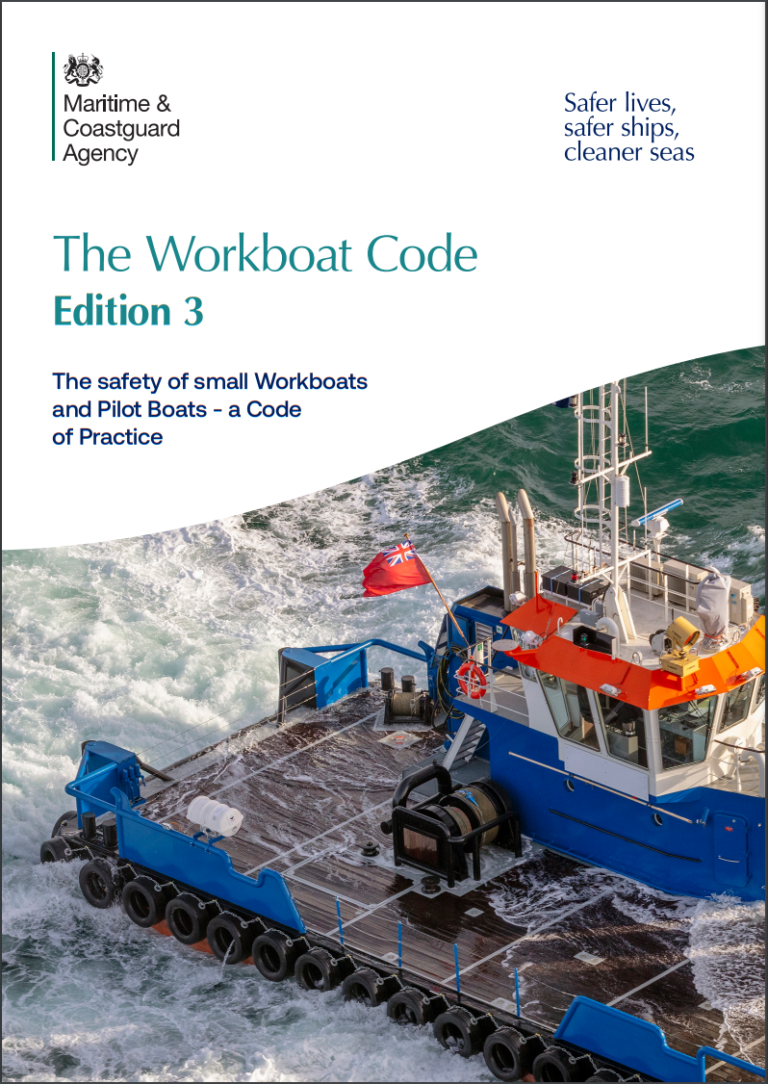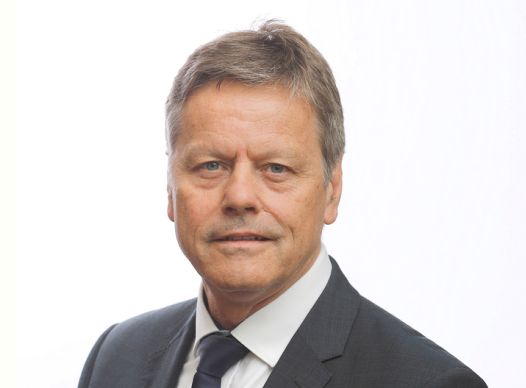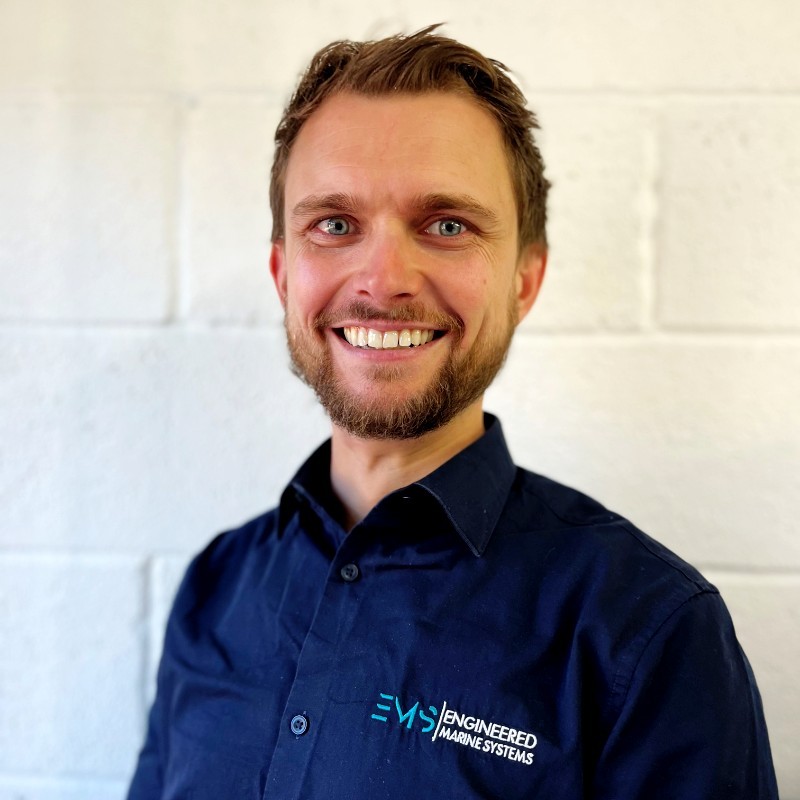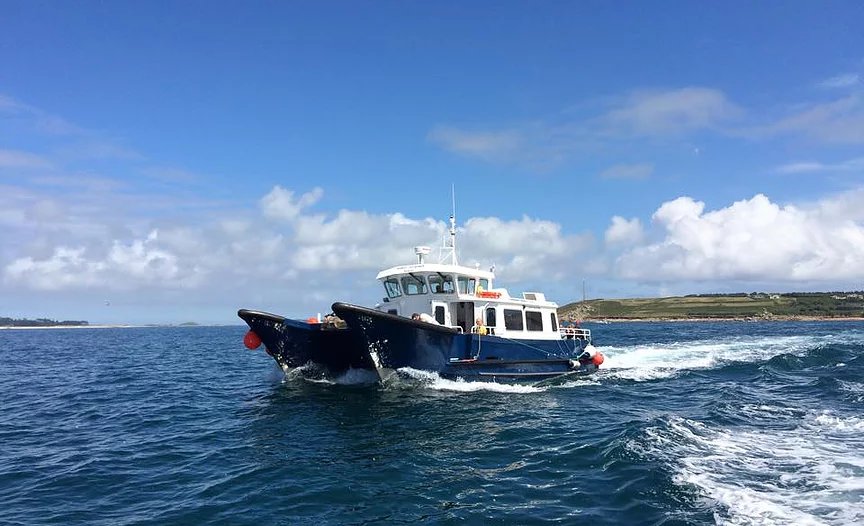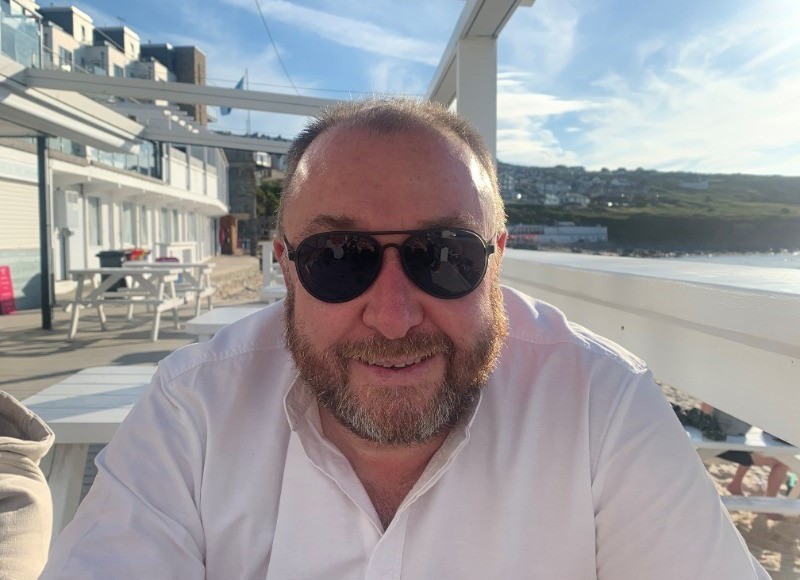A member has recently shared with us the findings of a lifting incident which occurred whilst the vessel was at sea Do you have an incident to share? We will anonymise the the data and share it on your behalf, together we can prevent incidents taking place. (The WA works together with the MAIB, CHIRP […]


